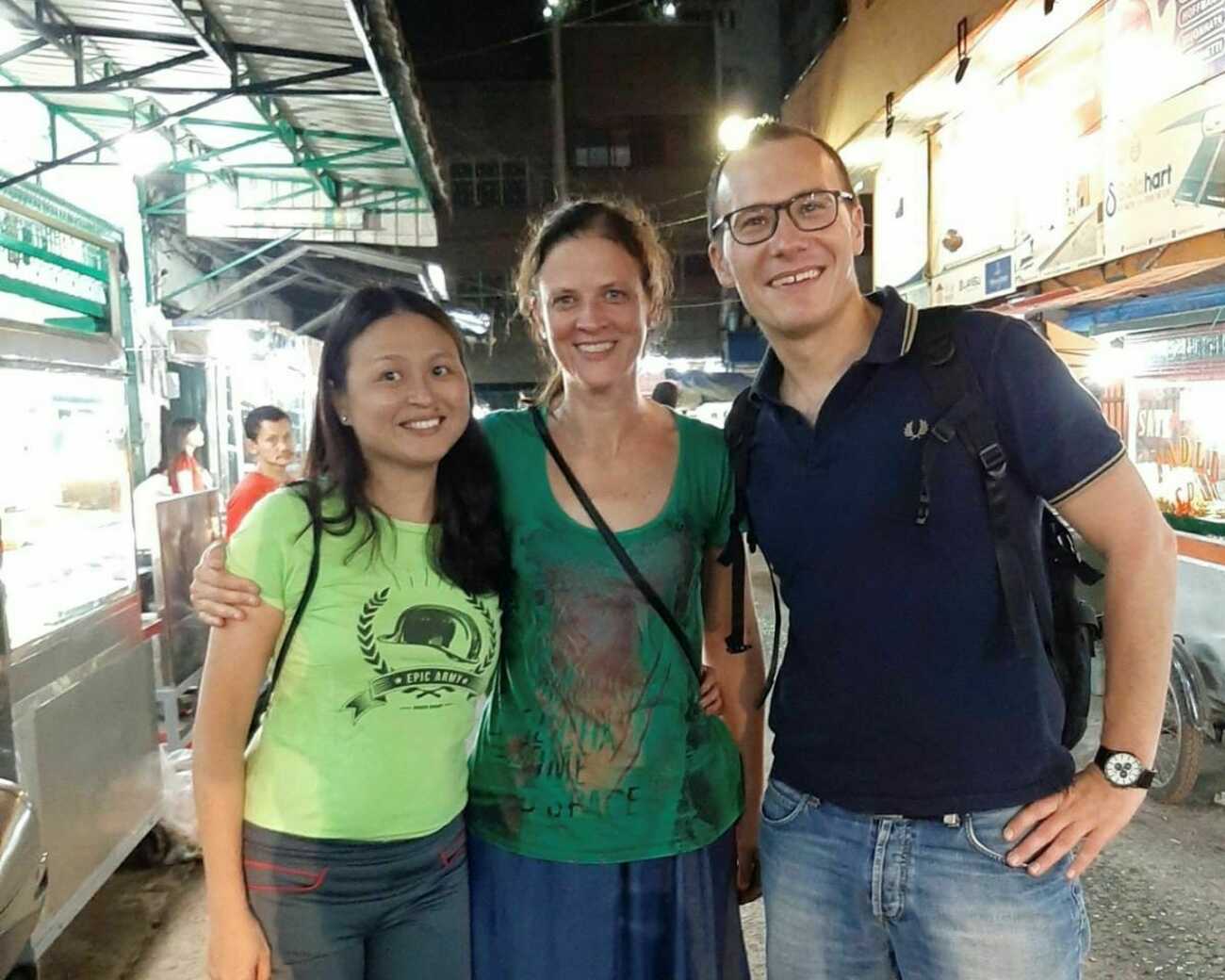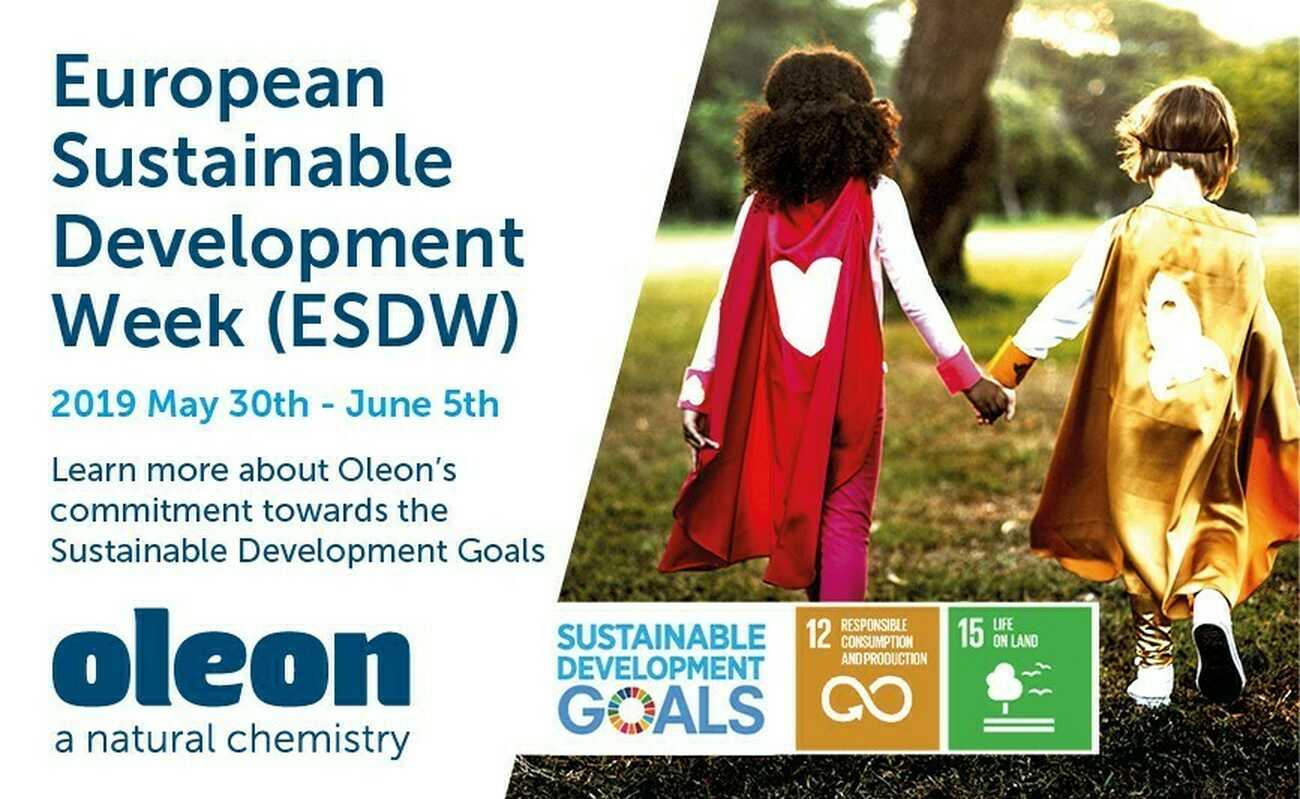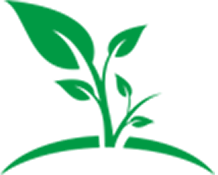In our highly diverse and unique society, having a product tailor-made to cater to your specific lifestyle can be very appealing.
As the meshing of the human and digital world becomes more pronounced, it is opening additional avenues for the development of personalised products. If you can predict a unique solution to bolster a consumer’s skincare or cosmetic routine, you can become part of the next wave of growth in this sector, predicted at an incredible 15.3% CAGR to 2030.1
To offer an informed choice of services, brand owners and ingredient suppliers are looking to artificial intelligence (AI) to develop products in line with a consumer’s particular skin type, coupled to parameters such as their environment, stress levels, lifestyle, nutritional information, and physical fitness.
Gathering this type of information is normally done through a process of consultations, digital questionnaires, specialised hardware, wearable devices, and home test kits,2 amongst others. This is truly a brave new world where boundaries are constantly being pushed in product development!
Custom cosmetics – a (relatively) modern phenomenon
The history of the first custom-blended make-up ranges and cosmetics can be tracked back to the 1970s. It was initially aimed at an older demographic, but these products met with little success and were eventually pulled from shelves.
Today, consumers of all ages are seeing the value of embracing custom cosmetics and skincare products, combined with a targeted shift to teenagers and young adults.
These consumers are often just starting to lay the foundation of their beauty routines, and often lack the knowledge required to make informed choices. As preferences continually develop and evolve, younger consumers often look to brands to guide them in finding their product’s sweet spot. And nowhere is this seen more than in the stellar growth of customized cosmetic solutions in South Korea!3
Driving the next wave of personalized products
A report in the Journal of Cosmetic Dermatology suggests that custom cosmetic innovation will become the centrepiece of the Korean (K-beauty) industry.4 Currently South Korea is seen as the biggest market for custom cosmetics, and it was also the first country to introduce legislation to regulate the customized cosmetics space in 2020.5
According to the report, growth is driven by “the sensitivity and interest in health … (which) increased in the aftermath of coronavirus infections and the efficiency of individual genetic tests.” The report further states that personalised cosmetics will be particularly important for high end cosmetics segments, where consumers are more demanding, but also have ready cash to spend.
As an example, Korean brand Amorepacific launched a new brand, Custom.Me. Coupled to AI-powered skin analysis, it aims to provide hyper-personalized products, but also offers one-on-one consultations with a beauty advisor through a dedicated app.6
As companies continue to feed variable consumer data into AI platforms, brand owners can now deliver solutions focused on the best application and formulations for each specific user.7 This customization could just be what is needed to step up collaboration among brands, consultants, and retailers: data sharing, and inventory pooling is believed to be instrumental in driving growth in this sector.
The sector is diverse and varies from brands selling unique color products or pigments to moisturizers that can ramp up or lower the range of actives required. Some brands just offer a base product that can be personalized by the customer.8 In terms of fragrances, the perfume industry is also opting for custom scents by offering a base fragrance with scent layers built on top of the initial base. The scope is enormous and is well worth investing in!
For more information on how the team at Oleon Health and Beauty can assist you to offer a custom palette of cosmetic and personal care ingredients, contact us now!



